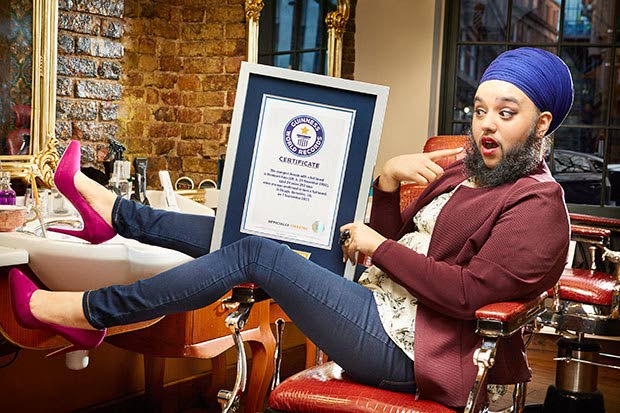Talking with men

There have been 23 murders for 2018, so far, in TT. Three of the victims were women, with domestic issues arising out of some.
While Sandrine Rattan’s organisation, International Women’s Resource Network (IWRN), is dedicated to aiding women, she believes that a seminal part of addressing the issues of domestic violence and violence, entirely, in TT, lies in having a serious conversation with men.
The Newsday columnist and communications consultant said, “Men are hurting...they are all asking for the same thing. What they are saying is ‘you have all these women’s groups, we do not have a group that supports men in the way they support women.’ Yes, Rondell Fields (president of Single Fathers Association) is doing a fantastic job, and we have started conversations with him, but Rondell’s specific role is single father’s issues.
“We have taken up the slack in terms of having those conversations with men. Why it was easy for us to take up that slack is because we understand relationship issues cannot be treated from a feminist point of view. You have to include both parties because resolution has to come from both sides. It cannot be the woman only.”
The NGO, established and registered in May 2014, was started to treat with issues of gender-based violence, poverty, issues of self-esteem which impacts the lives of women and children, as well as families.
But since 2016, the organisation began working with men. “We are one of the few organisations who have included men in the conversation,” Rattan said.
For her, “You can’t, and many women may disagree with us, effectively deal with issues of violence without including men. Violence comes from different places, including infidelity, poor self-esteem, insecurity issues, on both sides, and if those issues are not first identified and confirmed, yes, those issues exist in the relationship, then therein lies the problem. The two people would keep fighting each other, they fight today and love tomorrow. And that is what is happening. That is the reality of the situation.”
The network is overseen by a board of seven women, with some sitting in Canada, London and US. Danaja Rattan, the organisation’s US manager, is responsible for volunteerism and administration and is focused on young women who are impacted by violence in the US.

The network’s genesis was inspired after Rattan, when she was a young girl growing up in Santa Cruz, looked around the community and saw women being cursed.
“I remember seeing an incident in a particular house. I remember because I investigated it, I saw this man whom I happened to know, fling this bake through the window, in anger. Then I saw cussing and slapping and what not. This is what I remember vividly and one of the major influences in terms of the network. When I investigated, he was upset because he came home and the wife prepared something he did not like.”
Through the network’s virtual office, its Facebook page and also through Rattan’s Tuesday column, it receives clients. The group has one counsellor and also connects its clients to its overseas board members, for counselling.
The network is “very disturbed” by what is happening. Rattan said there were many contributing factors “when an incident of violence takes place and a woman is killed.” Based on this, she asked the national community “to please refrain from making untoward statements. You do not have the facts, all you can do is offer condolences. Say nothing and do not be negative toward it.”
She said there were many reasons why women stayed in violent situations. “There are a lot of ‘buts’ that occur in relationships. ‘I am being abused but he is a good lover. I am being abused, Ms Rattan but he provides for the children. He abused me yesterday but last night he gave me some really good sex. That is the reality and we need to have the conversation to discuss it’.”
And so the group plans to host a conference and media initiative to address some of the issues surrounding domestic violence, hopefully before Carnival. It is aimed at providing greater levels of awareness and sensitisation to women and men in terms of how to treat with violence.
Rattan said the network also wanted to specifically address the Stockholm syndrome. According to Britannica.com, Stockholm syndrome is psychological response where a captive begins to identify closely with his or her captors, as well as with their agenda and demands.
Stating that many of the problems surrounding males and females begin with socialisation and parenting, Rattan said the network also plans to discuss and promote “womb loving.”
“When you are pregnant, you start loving your child from the womb, male or female. A lot of the males and females are wearing masks. They are damaged, inside. As a result of that internal damage, which came from the way they were socialised and the things they have pushed aside not wanting to deal with that keeps affecting their future being. They wear a mask by day and by night is something else.”
While the group has been working tirelessly, funding remains an issue but it hopes to get funding for the conference and media initiative. Saying men had issues dealing with anger, she urged parents to deconstruct, in their minds, the way they socialised their boy children.
For Rattan a major part of violence also has to do with language. “The whole issue of how we treat with violence and how men respond to women and vice versa has to do with how we language our messages. Language is important in and out of intimacy, ‘languaging’ is important. The way you language things offend people in particular ways so we need to be careful.”

Comments
"Talking with men"